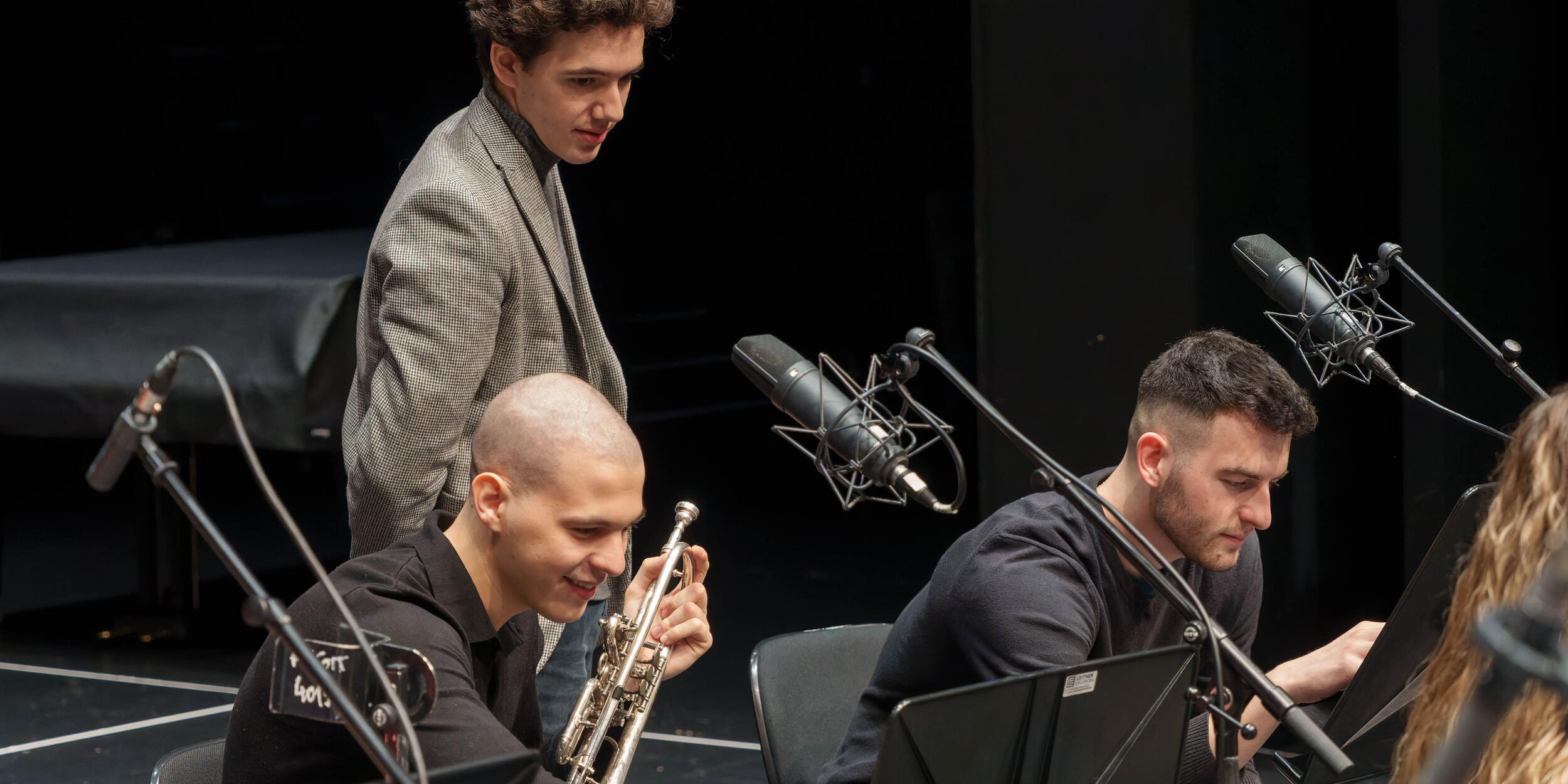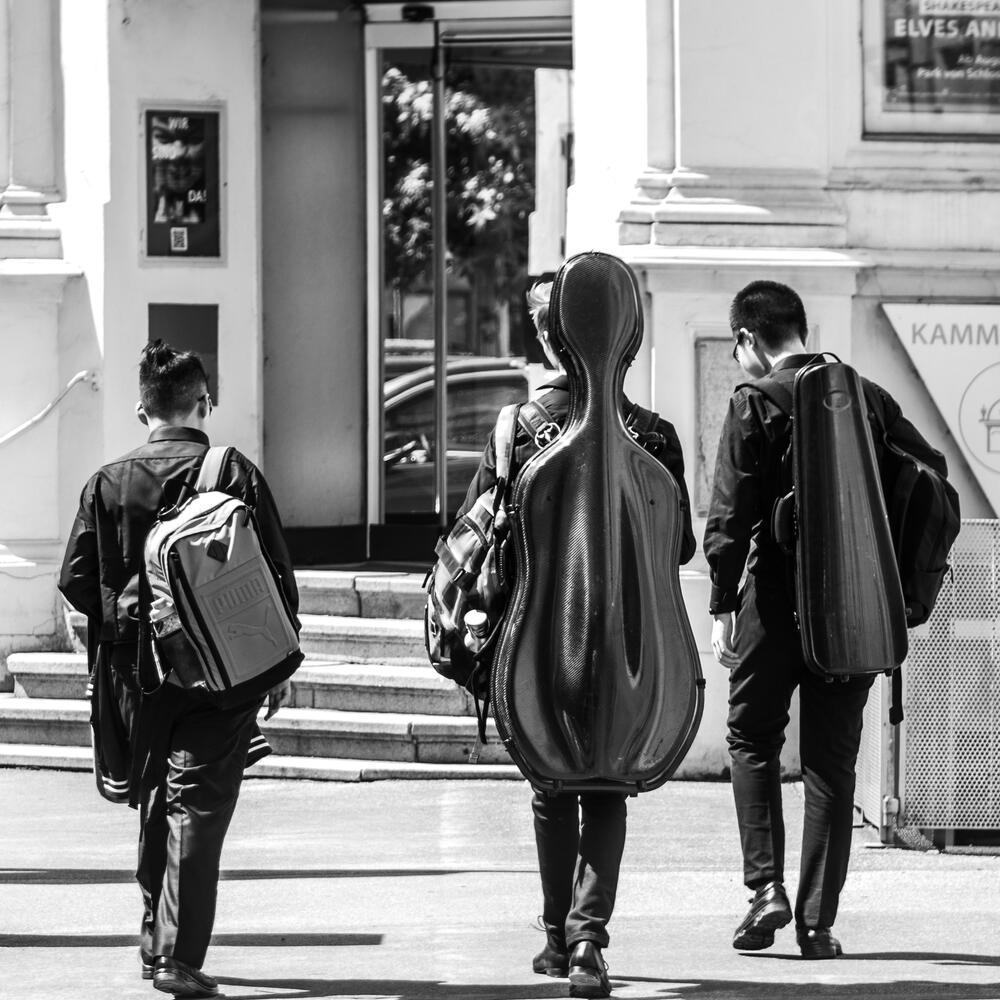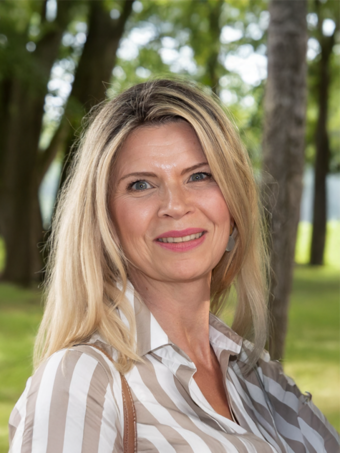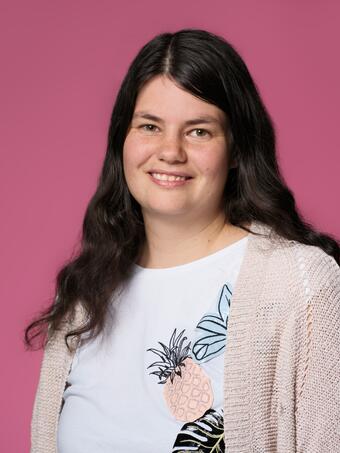International Affairs & Erasmus+

The Department of International Affairs is responsible for organising and coordinating international activities at the Mozarteum University. It is the service point for all members of the university who wish to spend time studying or teaching at a partner institution abroad, as well as for the incoming students and teachers we welcome for a guest stay at the Mozarteum. Our tasks include organising and facilitating international cooperations, cultivating relationships with foreign organisations, institutions and personalities, and opening the doors for mobility.
International Affairs Department
+43 676 88122 418
+43 676 88122 336
international@moz.ac.at
Mirabellplatz 1
5020 Salzburg
Office: Schrannengasse 10a/ Room 2012
Erasmus-Code
A SALZBUR02
OID: E10093810
PIC: 949452879
Downloads
- Erasmus+ Inclusion support
- Erasmus+ Data protection information
About
Supplementary Certificate in International Affairs
Funding & Calls for Applications
As of 14th June 2025
- Austrian Fulbright Scholarship Programme
The Austrian Fulbright Scholarship Programme is aimed at both emerging and established academics. It furthers the prospects of Austrian scholars at the beginning and in the middle of their careers by offering them the opportunity to teach and conduct research at institutions in the USA.
Application Period: 15th February–30th October 2025
Grant Length: 4 months
Starting Date: 2026–27 academic year - Scholarships through bilateral "Actions"
The three bilateral sponsorship programmes "Actions" support cooperations and cross-border mobilities in the tertiary education sector between Austria and its neighbours Slovakia, Czechia and Hungary. The main focus of these schemes is on encouraging young academics. Up to four calls for applications are made each year, depending on the scheme, and deadlines vary. The scholarships are funded by the OeAD.
Submission: various application deadlines
- Erwin Schrödinger Programme (postdoc programme)
Those looking for opportunities develop their career by expanding their academic profile should strongly consider gaining experience at a new centre of excellence. Mobility is the key to success: The Erwin Schrödinger Programme provides opportunities for highly qualified postdoc researchers to further their career prospects by spending a period at an internationally renowned research centre.
Deadline: applications accepted year round
Funded by: FWF - ESPRIT (Early-Stage Programme: Research – Innovation – Training) (Postdoc Programme)
The programme ESPRIT (Early-Stage Programme: Research – Innovation – Training) aims to support up-and-coming researchers from all fields to develops their competences and further their careers by conducting an independent research project.
Deadline: applications accepted year round
Funded by: FWF
-
Grants.at
Austria's largest database of scholarships and research funding for all academic fields. The funding available for students, graduates and researchers ranges from classical scholarships, subventions and prizes to comprehensive national, EU and international research funding programmes.
General information
In an era of an increasingly integrated European Union, where internationalisation and globalisation are more than idealistic visions and a common European educational area is becoming a reality, educational institutions are called upon to step up and invest further in cooperative projects at both national and international levels. Thanks to its geographical position along the North-South axis, a crossroads of cultures since the 8th century, Salzburg has always maintained close contact with European cities and cultural centres beyond national borders.
The idea of a united Europe has a centuries old tradition in Salzburg. Salzburg’s most famous son, W.A. Mozart, undertook tours to cities such as London, Paris, Milan, Naples and Prague, thus enriching the musical life of his home town by introducing cosmopolitan flair. This international mindset continued into the following century with numerous music festivals, reaching a new level with the founding of the Salzburg Festival in the 20th century. Salzburg opened its gates not only to its European neighbours, but to the world, strengthening connections and furthering artistic exchange.
Internationality is also woven into the fabric of the Mozarteum University. Students from a wide range of countries take the opportunity to train at an institution that has brought renowned artists from around the globe to its faculty. These teachers not only pass on their skills and artistry with dedication, but also play an active role in cultural life worldwide as artists, teachers and jurors. In doing so, they help build connections with other cultural institutions at both European and international levels, fostering cooperation within the Erasmus+ programme and beyond.
Mobility is an inherent aspect of the arts and life as an artist, with its importance reflected in many areas of activity at the university. The Mozarteum University views international mobility as a natural element of academic life. Experiences abroad allow students, early-career researchers, faculty, and non-teaching staff to gain knowledge and develop their skills.
The Mozarteum University Salzburg is therefore committed to actively encouraging students and staff to take part in mobility projects, with the aim of making study or work abroad a firmly established norm. Through the Erasmus+ Programme, our institution maintains partnerships across Europe that would not be possible at this scale without EU support. We believe all students, regardless of socio-economic background, should have access to high-quality educational opportunities.
The new generation of the Erasmus+ Programme enables the Mozarteum University Salzburg to introduce new incentives for participation in Erasmus+ mobility (including for people from underrepresented backgrounds). The introduction of ‘Blended Mobility’ and short-term mobility options ensures that students who work alongside their studies are also given the chance to experience study and life abroad, and we hope this will lead to an increase in student participation in mobility programmes at the Mozarteum University Salzburg.
Internationalisation strategy and Erasmus+
The Mozarteum University Salzburg is already highly international in both its makeup and outlook. Over 70 countries and five continents are represented within our 2000-strong student body. Our teaching faculty is similarly cosmopolitan, with our 550 members of staff being drawn from 38 countries across three continents. In the performance agreement period 2019-2021, the Mozarteum University Salzburg rose to place 11 in the “QS World University Ranking“ (by subject), up from 52nd place in 2018. The university is constantly striving to improve its international standing, and has taken numerous measures to this end. Thus the International Summer Academy at the Mozarteum University Salzburg has, over its 100 year history, established a worldwide reputation for itself, as is testified by the high number of applications it receives each year from highly talented musicians year on year. The biennial International Mozart Competition, whose final is regularly streamed by Austrian national broadcaster ORF, is firmly established in the top league of international competitions.
In recent years, the Mozarteum University Salzburg has significantly expanded its active participation in key international networks, thereby taking on a role in shaping the global educational landscape in the arts. The Development Plan for 2022–2027 also envisages the introduction of several degree programmes with an international dimension, aiming to further strengthen internationalisation in teaching and learning. System Objective 6 of the GUEP 2022–2027 and Chapter VI of the University Mozarteum Salzburg’s Development Plan for 2022–2027 provide a detailed outline of the vision and strategic directions for internationalisation.
The Mozarteum University Salzburg has identified six targets that are closely linked to the Development Plan:
- Raising the international presence and profile of the university as a whole
- Continuing the development of degree formats
- Promoting awareness, discourse, and active participation in shaping international quality standards in research, the advancement and appreciation of the arts, and teaching
- Mobility as an extension of students’ and teachers’ range of experience
- Dialogue between cultures
- Internationalisation at home
The ERASMUS+ Programme plays an important role in achieving these goals. The themes of mobility, as well as “dialogue between cultures” and “internationalisation at home,” are reinforced by the programme, since mobility – in the form of bilateral exchanges with partner institutions – also supports on-site internationalisation. The Mozarteum University Salzburg is committed to participating in Erasmus Key Action 1 (KA1) – Learning Mobility of Individuals. Existing forms of mobility should not only continue but be further strengthened (study periods abroad, Erasmus+ mobility for teaching and non-teaching staff). The process will also be increasingly digitised through the introduction of Online Learning Agreements and the European Student Card. The new Erasmus generation also enables the Mozarteum University Salzburg to broaden its range of collaborative projects with global partners and launch new initiatives.
The Mozarteum University Salzburg aims to fulfil the goals of the new programme by taking the following steps:
- Promoting the use of eco-friendly methods in all activities related to the programme
- Creating incentives for people from disadvantaged communities to participate
- Implementing the programme’s digitalisation measures
- Encouraging participants to get involved in activities within the wider community before, during, and after their stay
Aims and Purposes
For the performance agreement period 2022-2024, the Mozarteum University Salzburg set itself the following goals:
- To increase the number of regular students enrolled at the Mozarteum participating in an international mobility programme (outgoing students)
- To increase the number of students enrolled at other universities welcomed at the Mozarteum through an international mobility programme (incoming students)
Additionally, short mobility schemes for students wil be promoted, with the introduction of blended intensive programmes helping to increase the number of student mobilities at the university and enabling students to gain valuable learning experiences abroad. Regular evaluation of mobility activities (for both students and staff) will be carried out to ensure quality control. The partnerships maintained by the Mozarteum University will also continue to be reviewed regularly. One example of a mobility project currently in development is a project on artistic work with the theme “On the Move,” which offers a travel scholarship, network support, and the opportunity to give a presentation at the international Bob Dylan Symposium.
In order to support and encourage mobility, the Department of International Affairs underwent a restructuring in 2021, which included the creation of new staff positions. The extension of the regional mapping project, planned for the performance agreement period 2022–2024, into international cooperations is intended to strengthen services, improve the orientation of mobility and enhance the quality of international partnerships. Another measure in the area of mobility for the 2022–2024 performance agreement period is the planned relaunch of the Mozarteum University Salzburg website. This will go hand in hand with a redesign of the “International Affairs” section, so that information about mobility and exchange programmes for students and staff is presented in a more intuitive way. An additional goal for this performance agreement period is to advance the internationalisation of teacher training and to increase mobility opportunities for instructors in teacher training programmes.
The Development Plan 2022–2027 will also give details of structural measures that have been conceived to further project-related student mobility that is independent of ERASMUS. Further points for discussion include the development of mobility windows, the structural anchoring of cooperations, the special case of Brexit in the context of university mobility, and the quality management of international activities. With regard to the goal “Internationalisation at Home,” the goals for the performance agreement period, as detailed in the Development Plan 2022–2027, are as follows:
- Exploring the repertoire of a particular culture in detail
- Multilingualism in concert performances
- Cultivating contact with consulates and embassies, providing students for concert performances in order to realise joint cultural programmes
- Offering courses and access to research findings in the academic field Music and Migration
The Mozarteum University Salzburg is a member of the following networks and organisations:
- AEC - Association Européenne des Conservatoires, Académies de Musique et Musikhochschulen
- Erasmus+ - Bildungsprogramm der Europäischen Union
- Nationalagentur Erasmus+ Bildung
- Bologna-Prozess
- ELIA - The European League of Institutes of the Arts
- EUA - European University Association
- Forum Internationales der Österreichischen Universitätenkonferenz
- OeAD - Österreichische Agentur für internationale Mobilität und Kooperation in Bildung, Wissenschaft und Forschung
- ASEA-UNINET - ASEAN-European Academic University Network
- EURASIA PACIFIC UNINET
- Mitos21
- E:UTSA
- European Platform for Artistic Research in Music (EPARM)
- European Textile Network (ETN)
- Salzburger Hochschulkonferenz (SHK)


